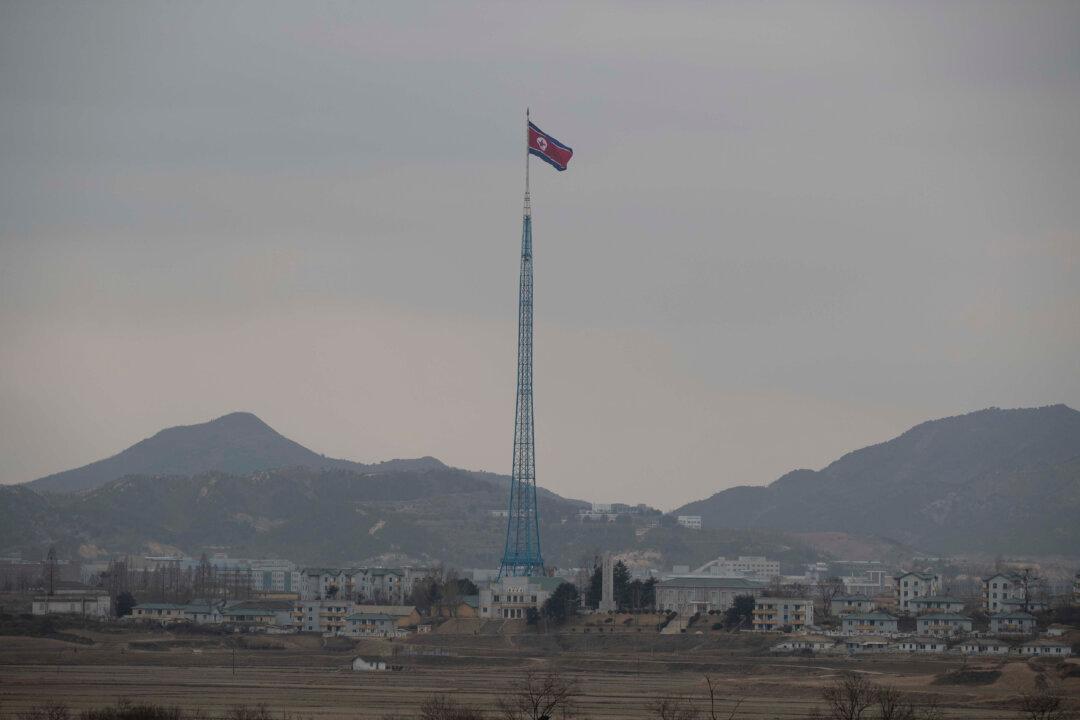South Korea’s military reported on Oct. 14 that it had detected activities by the North Korean army in what it stated are preparations for possible explosions along the roads that connect to South Korea.
South Korea’s Joint Chiefs of Staff (JCS) made the remarks after North Korea announced on Oct. 9 that it would take steps to “completely separate” the territories of the two neighboring countries.





